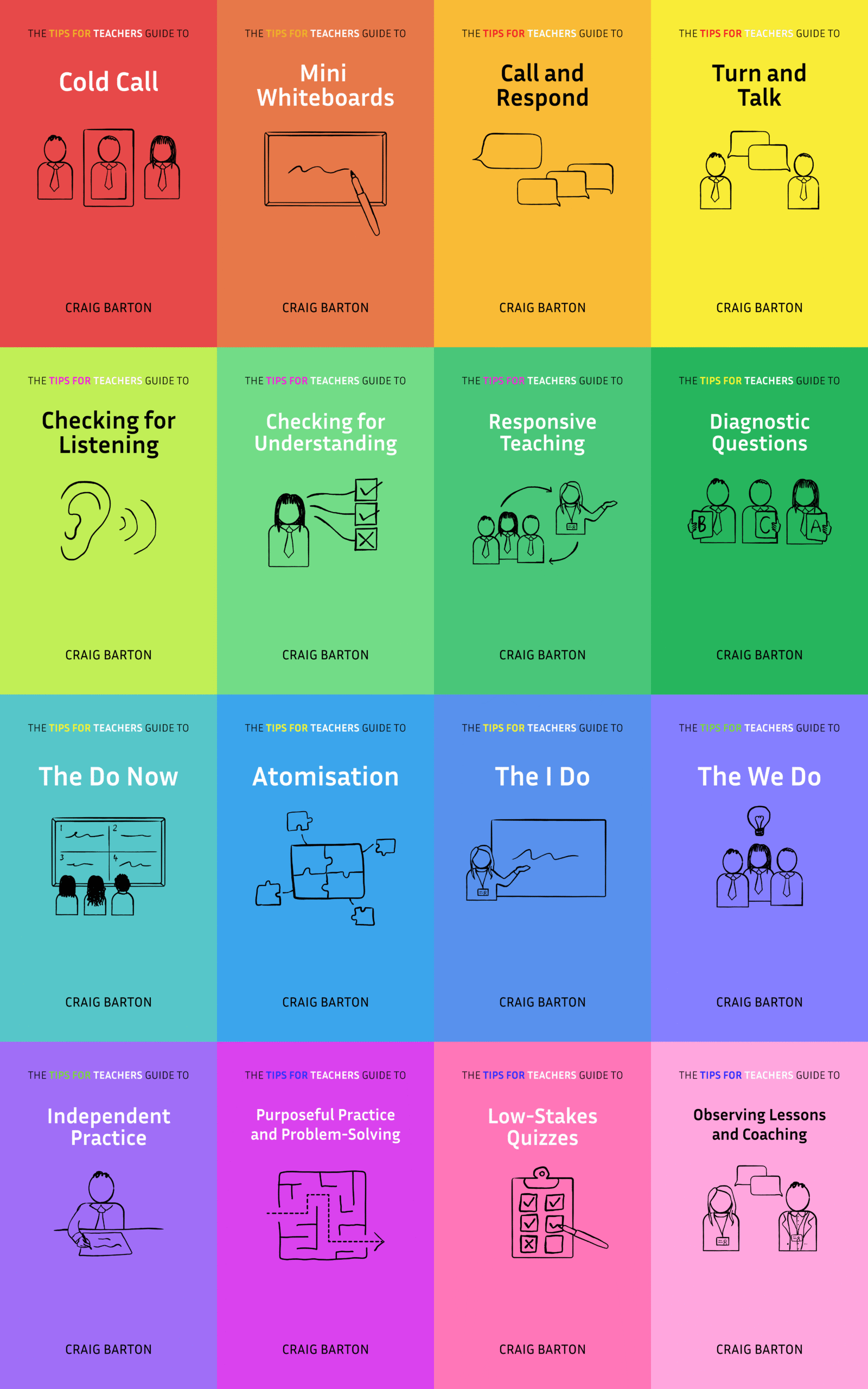Summary
This YouTube transcript discusses common mistakes in lesson planning, specifically focusing on a teacher’s past approach. Initially, the teacher prioritized engaging, novel tasks over ensuring student understanding, leading to confusion and ineffective learning. Later, four key errors are identified: choosing flashy tasks over educational value, failing to complete tasks beforehand, neglecting pedagogical considerations, and using excessive task variety. The conversation highlights the importance of purposeful planning that aligns with learning objectives and student needs, emphasizing a shift from task-focused to learning-focused approaches. Ultimately, the discussion serves as a cautionary tale and offers valuable insights for improving lesson planning.
What are the implications for teachers?
Based on the source, here are some implications for teachers, particularly in mathematics, regarding lesson planning and task implementation:
- Avoid prioritizing novelty over mathematical understanding. Teachers should not focus on finding “bright shiny” tasks just for the sake of novelty or fun. The goal should be to ensure that tasks facilitate access to and understanding of the core mathematical concepts. The focus on novelty can hide the math in the background, and tasks can become an obstacle rather than a tool for learning.
- Always complete the task before giving it to students. Teachers should do the task themselves to identify potential issues, twists, or mistakes that could derail the lesson. Overlooking this step can cause confusion and hinder student learning.
- Consider the pedagogy from the student’s perspective. It’s important to think about how students will experience a task, rather than just focusing on the teacher’s enjoyment of the task. Teachers should reflect on how the task will connect with students and if they will see the value or meaning in the task.
- Limit the variety of task structures. Having a wide range of different task structures can lead to students focusing more on understanding the structure of the task rather than the mathematics itself. It can be more effective to use a couple of high-value task structures repeatedly to allow students to become familiar with them and focus on the math.
- Keep the end goal in mind. Teachers should consider how the content will be assessed in the future. Lessons should not only focus on the immediate concept but also prepare students for how that concept may appear on tests and in real-world applications.
In short, the source emphasizes that teachers should not prioritize exciting tasks over the learning of core concepts. The teacher should take a step back and consider the task from the point of view of a student who doesn’t already know the math.
View all Craig Latimir’s lesson planning videos in this playlist:
You can listen to the full audio of our conversation on my Mr Barton Maths podcast here
If you haven’t already, please consider:
- Signing up to my free Tips for Teachers newsletter
- Becoming a Patreon to support my work








